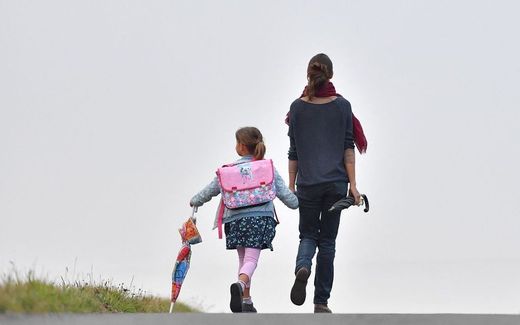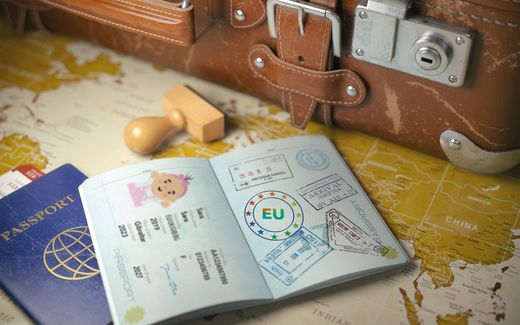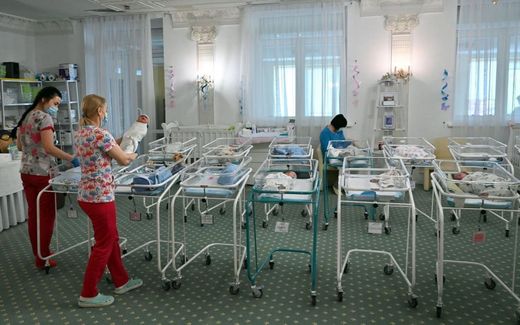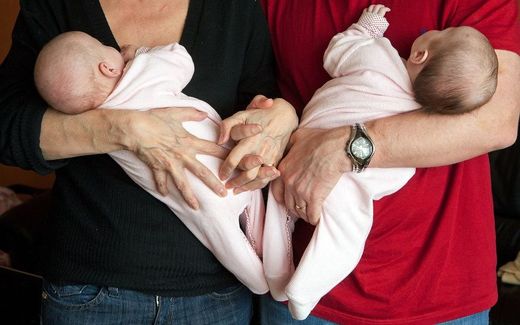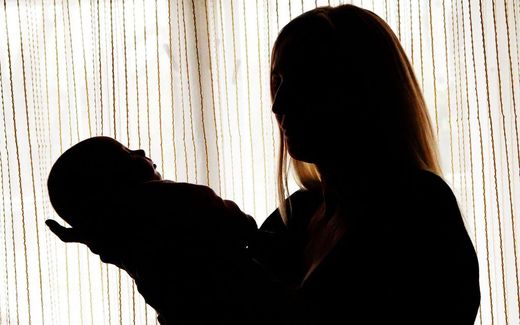Why the European Parenthood Certificate worries Christians
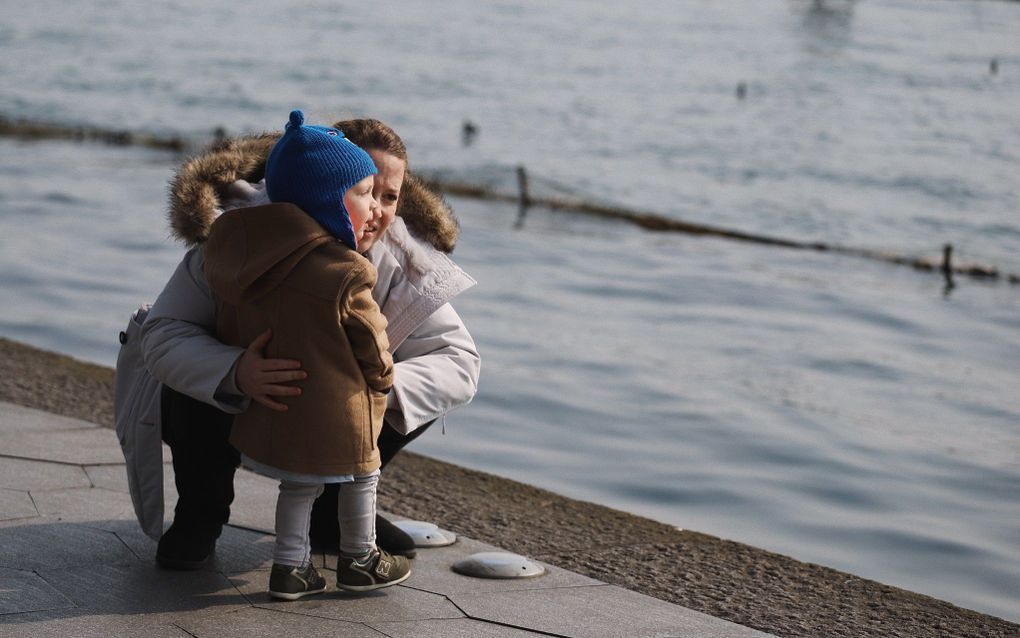
Mother with her child. Photo Unsplash, Raychan
European Union
The European Parliament on Thursday agreed to a report calling for Europe-wide recognition of parenthood, to the displeasure of conservative politicians. Three questions and answers.
What is this certificate about?
The European Parliament wants EU countries to recognise parenthood across borders. A gay couple with children who moves from a liberal EU member state to a more conservative one may find it difficult to get their legal parenthood recognised. That might lead to legal proceedings, sometimes as far as the European Court of Human Rights (ECHR) in Strasbourg. According to the Dutch MEP Toine Manders, this has to change: "The courts always agree with the parents, but [the legal process, LN] is very costly and takes an enormous amount of time," the Christian Democrat argues.
A new European Parenthood Certificate should prevent such procedures. This way, EU countries should always and automatically recognise parenthood, regardless of how the child was conceived. It is one of the promises of European Commission President Ursula von der Leyen. In 2020, she stated, "as part of [the LGBTIQ Equality Strategy], I will also push for mutual recognition of family relations in the EU. If you are a parent in one country, you are a parent in every country."
If it is up to the Parliament, member states will soon still be allowed to decide how to regulate parenthood internally. But they will no longer be allowed to refuse forms of parenthood from other EU countries. Suppose a particular form of parenthood is incompatible with their "public policy". In that case, EU countries may refuse certain forms of parenthood, the Parliament argues. But each case must be considered individually to ensure there is no discrimination against children of same-sex parents or from what is known as 'rainbow families'.
Why has this proposal been criticised?
Critics mainly have two arguments: member states should decide on parenthood, and with this proposal, the EU would interfere in their affairs. In addition, they argue that by this proposal, the EU would de facto recognise a practice such as surrogacy.
According to Spanish MEP Margarita de la Pisa, a mother of nine children, the European Union is thus taking another step in commercialising the child. "Opening the door to this means ending parenthood as a natural thing. Thus, the child becomes increasingly like a product," she told CNE.news.

De la Pisa says this proposal is a "purely bureaucratic solution." She argues that there are already enough handles to get custody of a child. "It is the desires of adults that create this problem. This is not a fight for children's rights but for adult's rights."
On the left side of the political spectrum, politicians say this proposal supports rainbow families. "I truly hope that rainbow families across Europe and I will not have to wait long for the adoption of this proposal," argues Kim van Sparrentak, a Dutch MEP from the left Greens–European Free Alliance Group.
The Christian Democrats within the largest group in the European Parliament, the European People's Party, look displeased at the statements from both the left and the right. "They have not read this proposal properly," argues Helmut Geuking of the Christian German Family Party. "I was also against it at first because I thought it was about LGBT issues, but I was misinformed. Children cannot help it if their parents move abroad, and we want a solution to that."
What will happen with this proposal now?
On Thursday, a majority of Parliament voted in favour of the proposal. The Dutch Reformed MEP Bert-Jan Ruissen and several other MEPs tabled several amendments to include surrogacy in the report; this practice should then be condemned and excluded from the forms of reproduction recognised by the Parental Certificate. However, those amendments did not make it through. Disappointing, Ruissen calls that. "The European Parliament previously said 'no' to commercial surrogacy. But now, the Parliament wants to force countries to recognise the practice of surrogacy."
The Parliament only has an advisory role in voting on this report. That means it merely gives an opinion on the content of this proposal. The European Council will now start discussing this proposal. Still, there is little chance there will be a new Parental Certificate with this content. Legislation that crosses national borders needs unanimity of member states. However, several countries, including Italy and Hungary, have already rejected this proposal.
Related Articles


